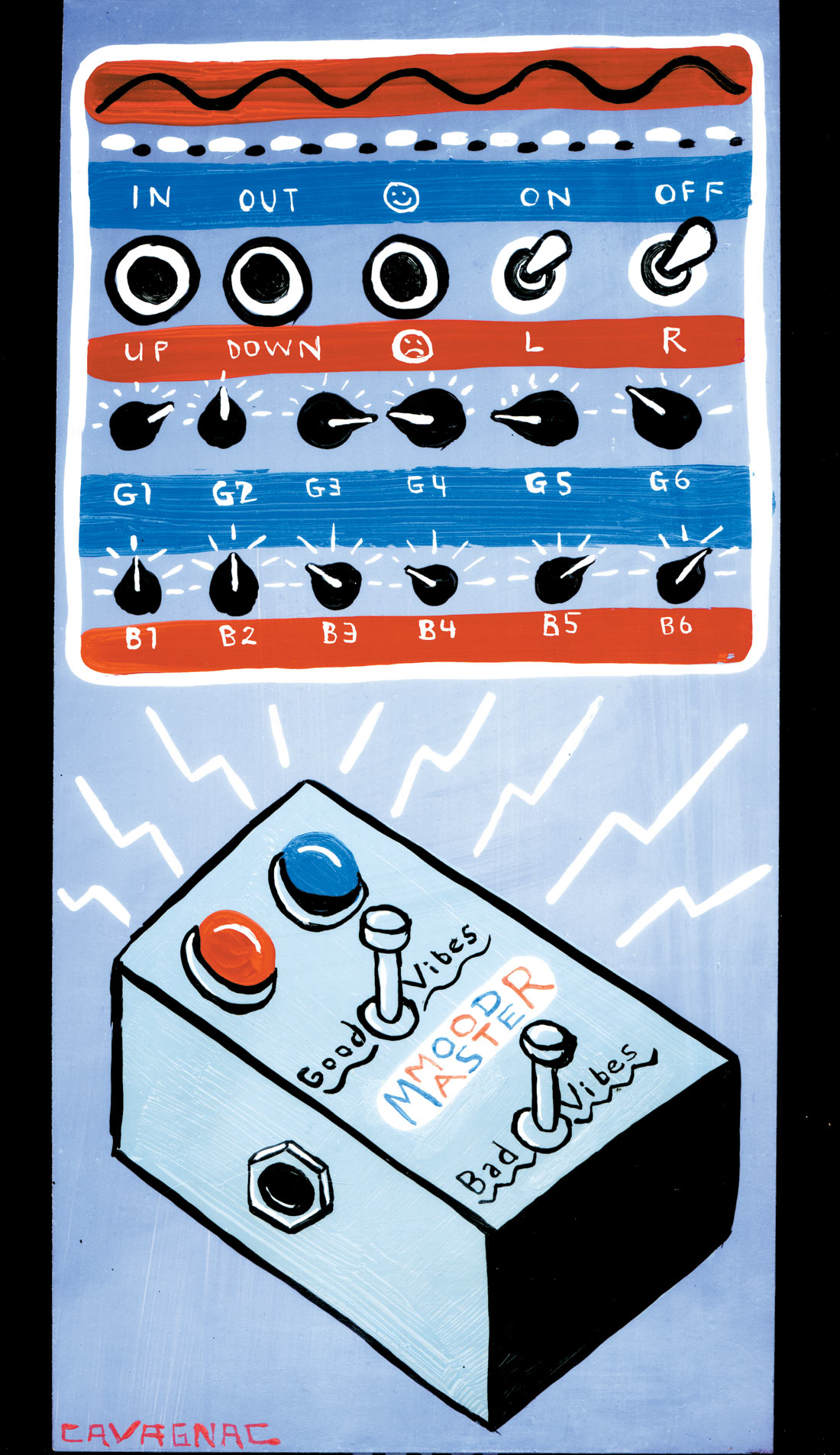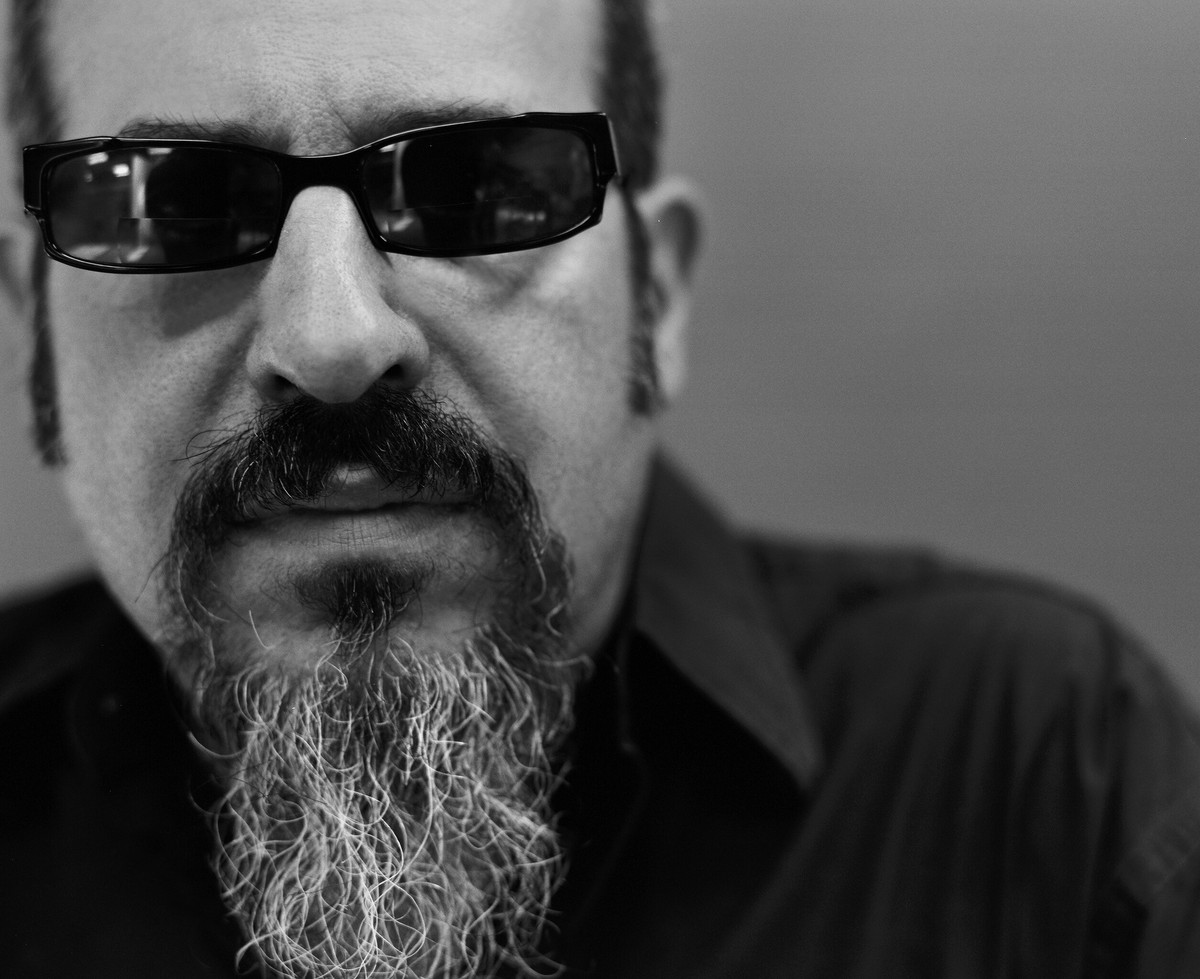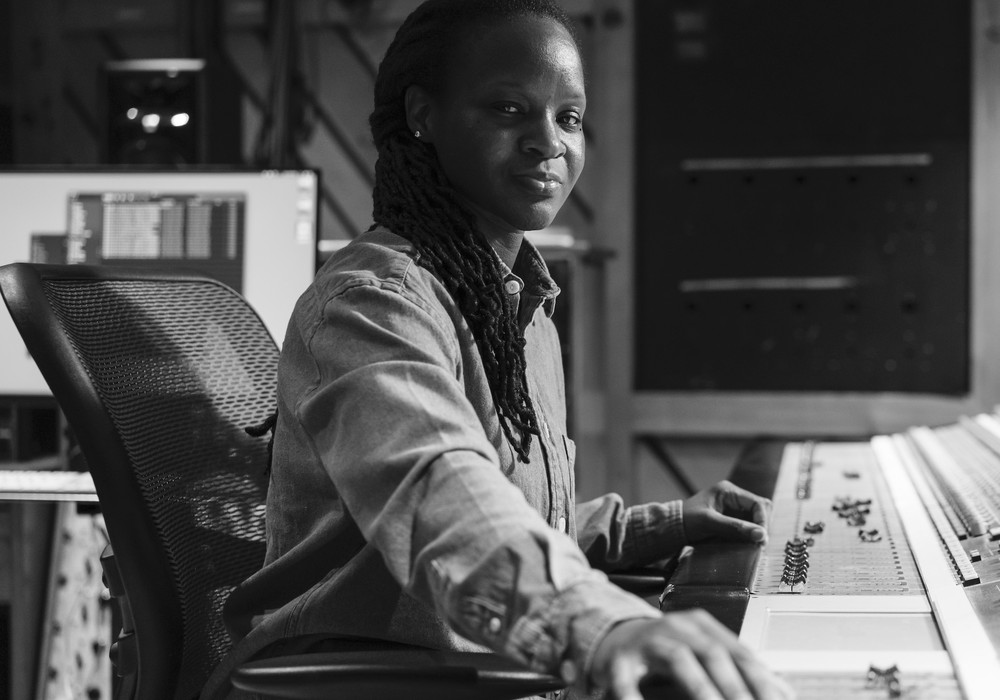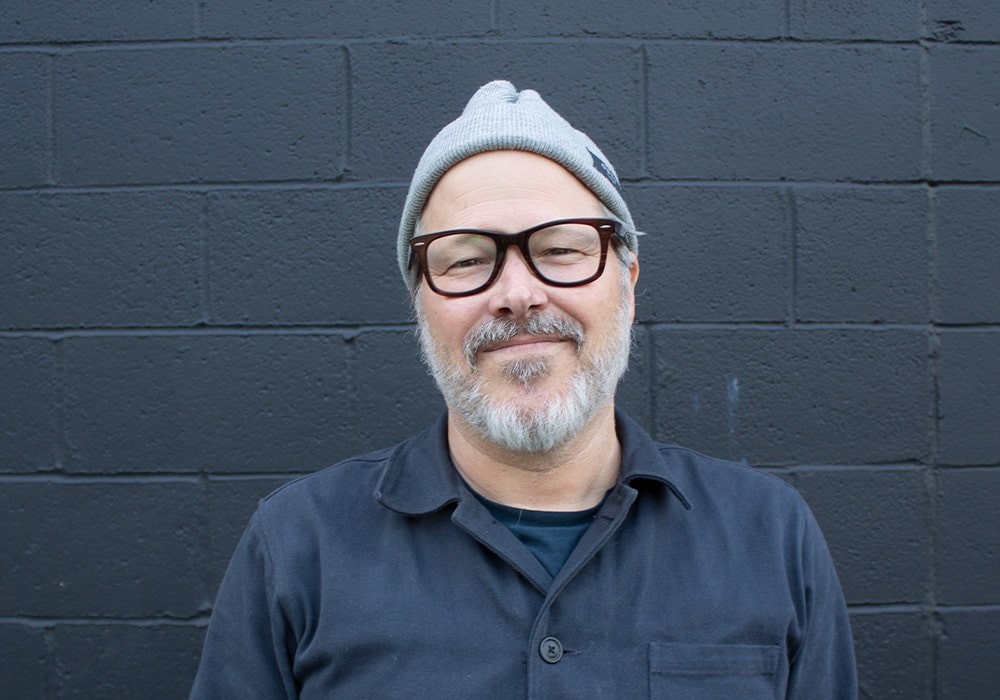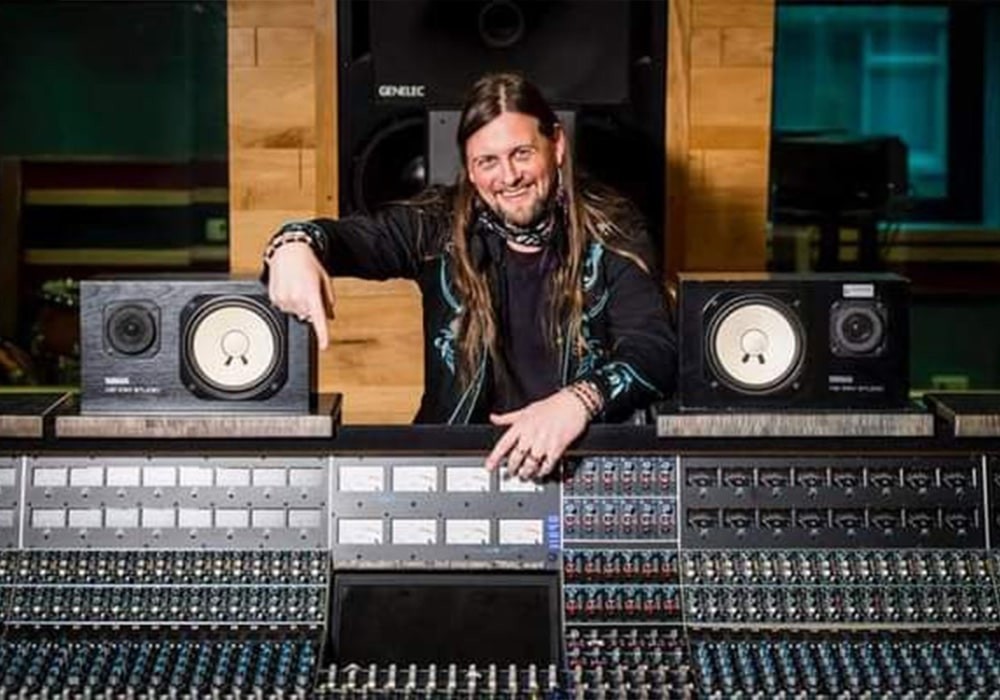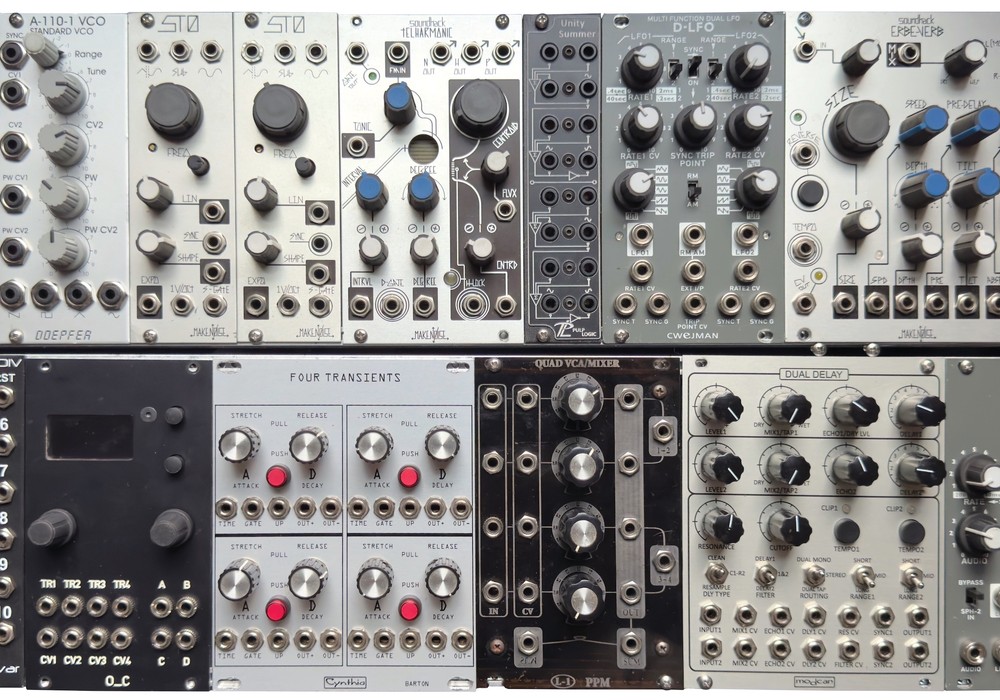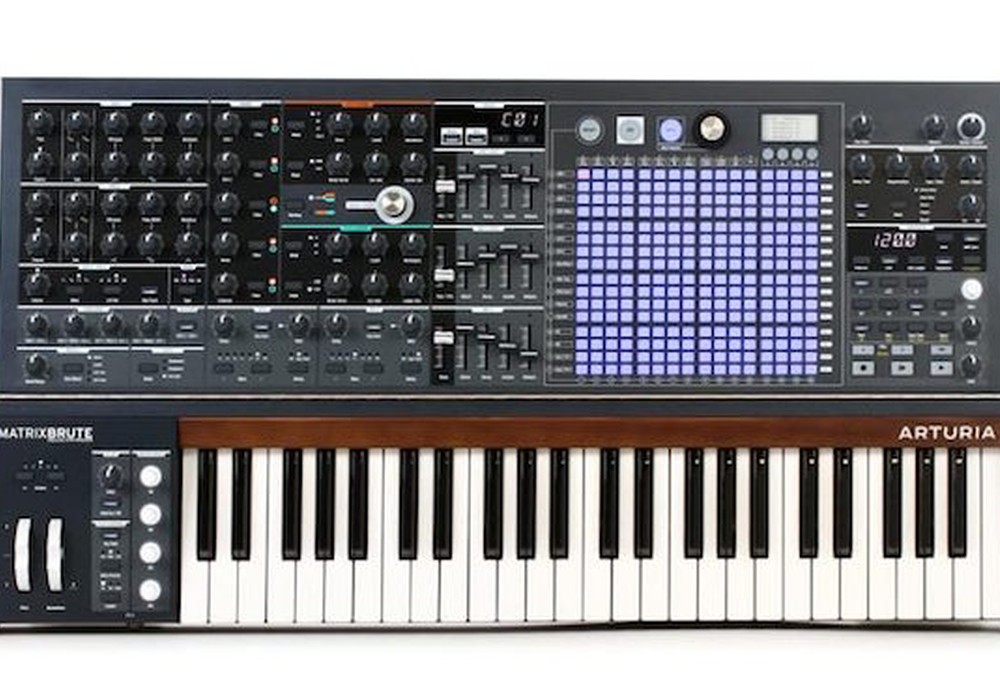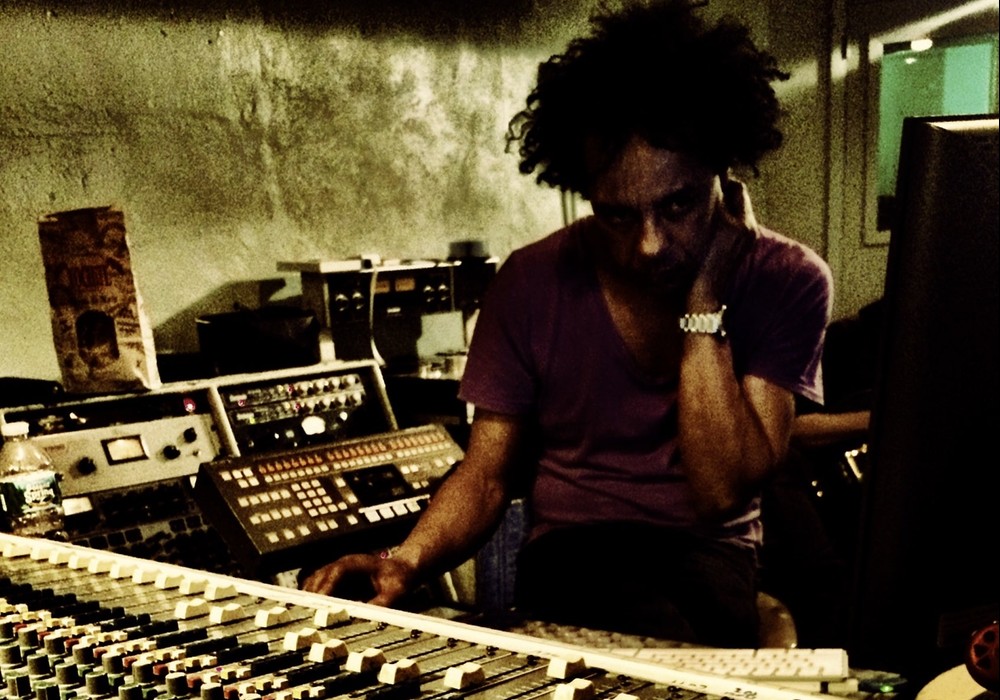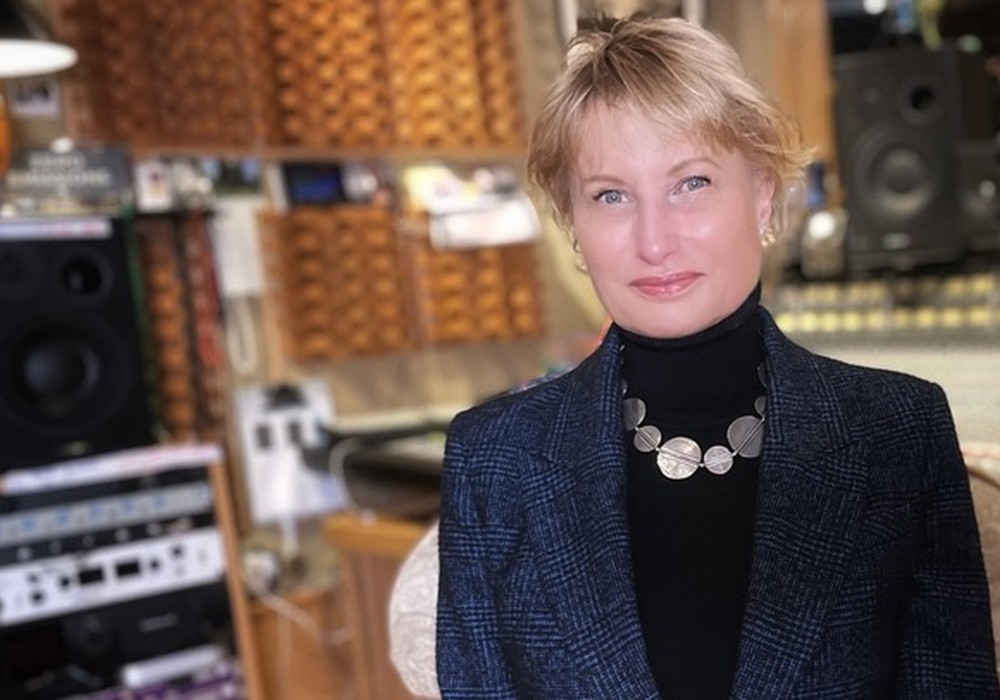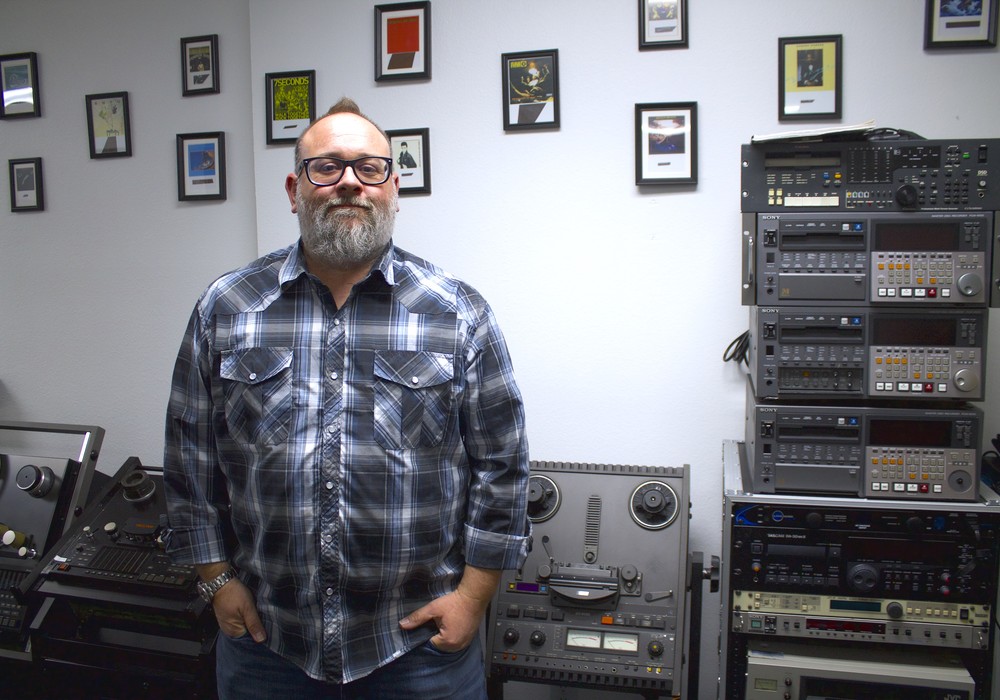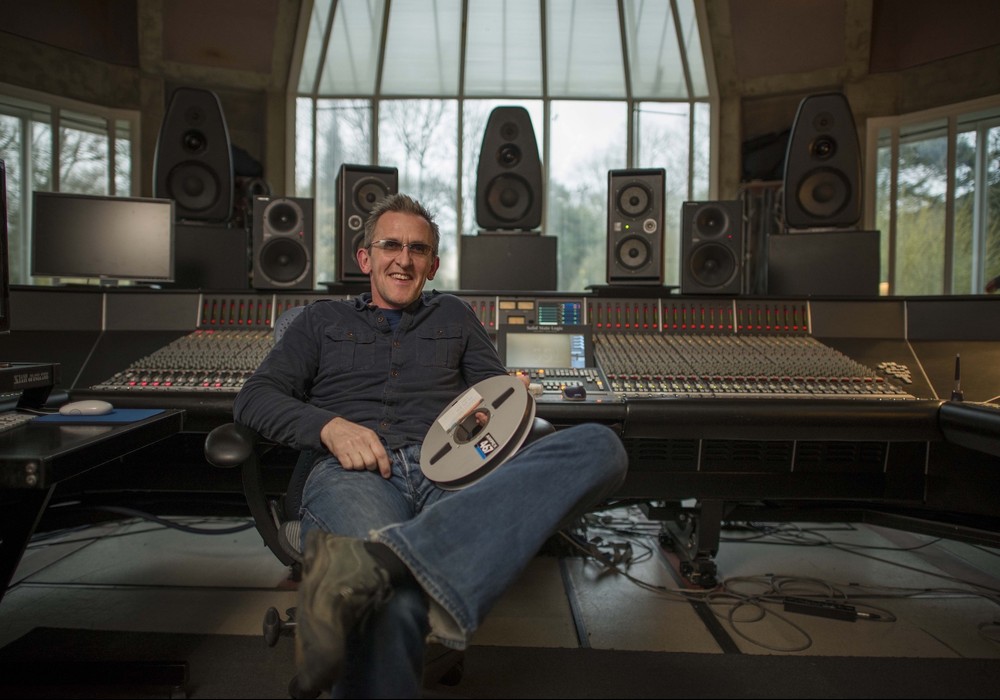A long time member of the roots rock band Los Lobos, Steve Berlin has amassed a considerable amount of credits to his ever-changing resume. Certainly diverse, his work as a producer is difficult if not impossible to categorize. From Latin to acoustic folk, alternative to blues, Steve Berlin seems to have a knack for changing it up. Most recently, I worked with Steve on my record titled, American Myth. Oftentimes it's difficult for artists to choose producers, but choosing Steve seemed fairly clear to me. He has a tremendous sense of creativity in the studio and his abilities as an arranger and obvious confidence behind the glass are reasons enough to make him a sought after producer. I first met Steve two years ago when my band opened for Los Lobos in San Francisco. After the show, we hung out and talked about records, bands we liked and didn't like, etc. Musically, we were on the same page. We both liked a lot of the same bands and recordings, and had similar ideas on recording music. Not long after that we became friends, and when it came time for me to make a record, I immediately thought of Steve Berlin. I'm glad I did. Steve has been active in the business for a long time. He's worked with artists and bands both big and small. He's been a session player, engineer, mixer, producer and band member for about as long as I've been alive. In the Tape Op spirit of being unique, I thought it might be an interesting twist to have the artist interview the producer. So, I called up Steve one evening as he was finishing some work in the studio on what is to be the next Los Lobos record. We got carried away just talking about different things, but here's the best of it.
You joined Los Lobos in 1984, correct?
Well it was kind of weird. We started working on the first EP — it wasn't even a record — called And a Time To Dance. And when we started that I was in The Blasters, and by the time we finished the EP three months later, I was in Los Lobos. So on the record I was listed as producer, but by the end of it I wasn't in The Blasters anymore, I was in Los Lobos. So there's kind of a grey area of when I officially joined Los Lobos. I would say late '82ish, maybe.
You also produced one of Dave Alvin's [of The Blasters] first solo records, Romeo's Escape.
Yeah, I did. As far as I know, that was Dave's real first time singing. He was pretty anxious about it and it was a blast. We put a great band together and went to a great studio called Radio Recorders on Santa Monica [Blvd.] in L.A. The whole thing had a really nice vibe about it. Dave's sort of a mildly nervous guy, but I remember that he was really happy about how everything sounded, and he dug the whole vibe of it. And you know his brother wasn't there chewing him out like he usually does — The Blasters were so high strung — so just being in the studio without everybody fighting all the time was probably a relief to Dave. Consequently, it was a very emotional recording. Everybody really put themselves deep into it and it was a blast.
When we first met, I remember us talking about the limitations of recording onto analog tape and how those limitations can actually be a good thing, creative-wise. Has this been your approach essentially?
Well it's not necessarily a philosophical outlook on my part, but it seems that if you have a certain set of limitations — and that's really one of the problems with Pro Tools — is really the only finite limit is either money or patience or talent, really. If every choice is possible, how do you really distinguish when you are actually done? I think it's arguable that some of the finest music ever made was made with the least amount of options. You know, Sgt. Pepper's..., Howlin' Wolf, or Robert Johnson records — they had few options, really. It just had to be great music right off the floor, and then creatively manipulate the available options. When we do a Pro Tools session, which we do way more often than not these days, I like to subconsciously operate as if there is tape involved. To say, "That's about the track limit right there" — you can have 24 or 30 or whatever and say that's it. And perhaps that's not a hard rule — I break it all the time — but I think when you think in those terms, it forces you to make choices and go down paths. If you had endless options then you might try to save those options for the mix days, and in the end you're really fucking yourself over. I was just talking to Mitchell Froom [Tape Op #10] about [Los Lobos'] Kiko yesterday, and the fact that we had relatively few options helped the record to come together rather quickly. We had so many well-processed tracks that were demos, so the record was pretty effortless to make. You know, I'm certainly not an anti-Pro Tools guy. I certainly love the economy — I love the fact that it's easy for you to make demos in your own home and you can take those sessions anywhere and not have to worry about the tape azimuth and two machines being different, etc. I mean those are certainly wonderful things, and also being able to rescue things that in a tape-only universe might not be able to be rescued, is really a godsend. You know as often as I decry the tendency to sort of wank on a hard drive, there's also times when you are able to rescue something or capture something that, had it been a tape machine, we would have just had to...
